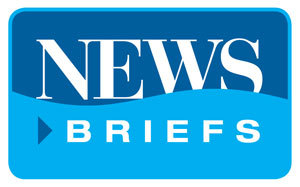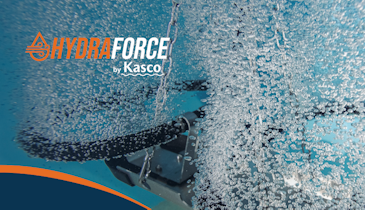News Briefs: Goats Clearing Brush at Massachusetts WWTP
Also in this week's water and wastewater news, the World Health Organization releases a report saying there's likely no health risk associated with microplastics in drinking water
Popular Stories
Discussion
Comments on this site are submitted by users and are not endorsed by nor do they reflect the views or opinions of COLE Publishing, Inc. Comments are moderated before being posted.






